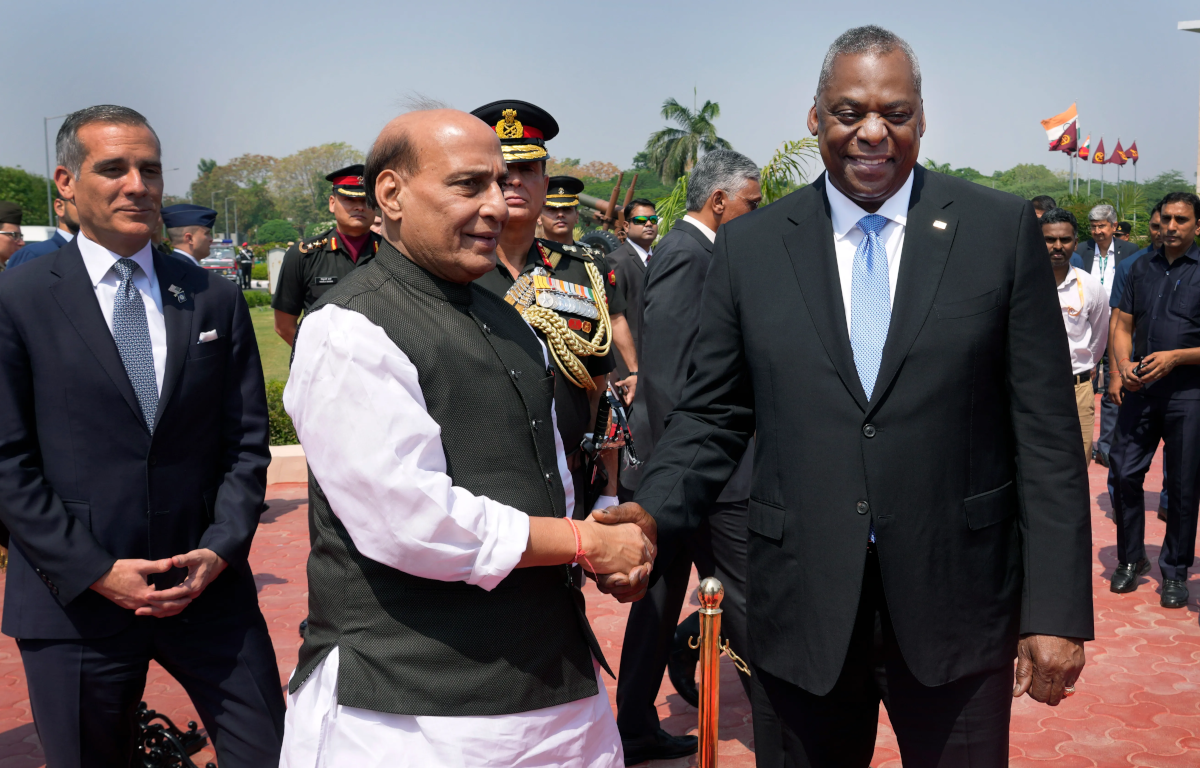
The proposed canal, which aims to link the Tonle Sap and Mekong rivers, has drawn international attention due to its potential economic benefits as well as its broader strategic implications.
The canal project, officially known as the “Multipurpose Cambodia Canal,” is part of China’s ambitious Belt and Road Initiative (BRI), a global infrastructure development program aimed at enhancing connectivity and fostering economic cooperation across Asia and beyond. Proponents of the canal argue that it could facilitate trade, boost tourism, and spur economic development in Cambodia and neighboring countries.
However, the canal project has also raised concerns among environmentalists, local communities, and international observers. Critics point to potential environmental risks, including habitat destruction, water pollution, and disruption of ecosystems in the sensitive Tonle Sap Basin, which is a UNESCO Biosphere Reserve. There are also concerns about the project’s social and economic impact on local communities, including potential displacement of residents and changes to traditional livelihoods.
The United States’ call for transparency and accountability regarding the canal project reflects broader concerns about China’s infrastructure investments and their implications for regional dynamics. The US has emphasized the importance of sustainable development, environmental protection, and respect for local communities’ rights in large-scale infrastructure projects.
The US government has also highlighted the need for a comprehensive assessment of the canal project’s potential impacts, including environmental, social, and economic factors. This includes ensuring transparency in decision-making processes, engaging with stakeholders, and addressing concerns raised by affected communities and civil society organizations.
The issue of transparency and accountability in infrastructure projects, particularly those financed or supported by external actors such as China, has become a prominent topic in international discourse. Many countries and international organizations are calling for greater transparency, adherence to international standards, and inclusive governance mechanisms in large-scale development initiatives.
In response to the US’s call for transparency, Cambodian authorities have stated that the canal project is still in the feasibility study stage and that environmental and social impact assessments will be conducted before any decisions are made. They have also emphasized Cambodia’s sovereignty and right to pursue development projects that benefit the country and its people.
As discussions and assessments of the canal project continue, it is clear that transparency, environmental sustainability, and inclusive governance will be key considerations. Balancing economic development with environmental protection and social equity is a complex challenge, and the outcome of the canal project will have far-reaching implications for Cambodia’s future development trajectory and regional dynamics.










Share this: